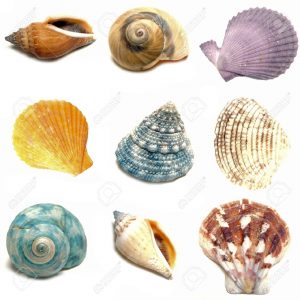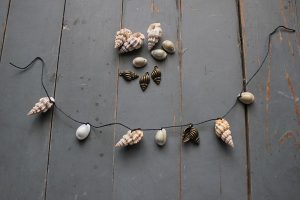Collecting seashells: A Metaphor for Academic Search (EBSCO)- a Research Tool
Seashells are known for their beauty and intricate detail. Collecting seashells are a fun hobby, especially during the summer months. From my own experience, collecting seashells isn’t something that takes five minutes. I grovel in the sand and waves to find the most beautiful seashells.

When gathering scholarly sources for my research paper, using Academic Search (EBSCO) as a research tool is quite time consuming. Spending time to find the best sources for writing my research paper is a must. I’m not going to simply choose an article that doesn’t relate to my intersecting topics for my research paper because my research won’t be relevant or support my argument. Academic Search is a collection of the most beautiful seashells because only the best sources ( the most beautiful seashells) can improve the quality of my writing (the quality of my seashell collection).
After I spend time collecting the most beautiful seashells, I create necklaces and bracelets. Because I put the time into collecting only the most beautiful seashells, my necklaces and bracelets are so beautiful. I am happy with my necklaces and bracelets because I collected most beautiful and intricate seashells.

Because I spent so much time gathering the best sources for my research paper, I’m happy with the quality of information that pertains to my research topic. I expect to write an exceptional paper because of the exceptional sources I found through the Academic Search (EBSCO). If I didn’t spend time collecting only the best and most scholarly sources, I wouldn’t expect to be able to write a quality research paper. Similar to if I didn’t collect the most beautiful seashells, I wouldn’t have been able to create such beautiful necklaces and bracelets.

